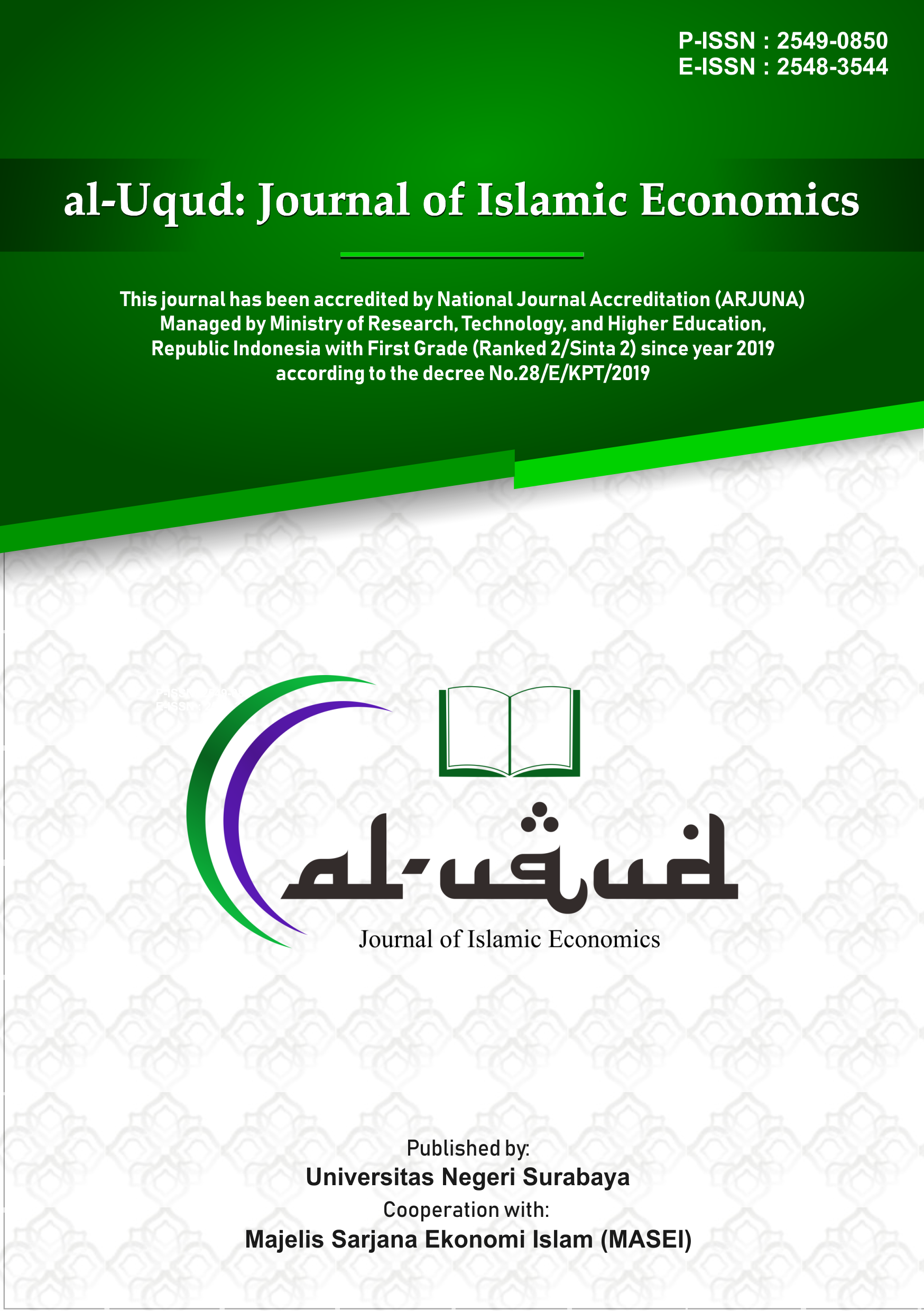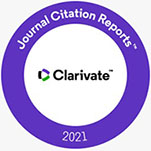Milenials consumer behavior and it’s influence on purchase decisions of halal cosmetic products
DOI:
https://doi.org/10.26740/aluqud.v8n1.p83-95Keywords:
Consumer, Millennials, Halal cosmeticsAbstract
The stretching development of the global halal industry, including Indonesia, continues to receive consumers' attention. Among the many sectors that attract consumers' interest is cosmetics, especially with a halal label; product quality supported by promotions by public figures continues to encourage consumers' desire to use halal cosmetics. This study aims to confirm the influence of millennial consumer behavior on purchasing decisions for halal cosmetic products. A random confirmation process of the respondents accompanies this quantitative research method. There were 120 respondents who were dominated by women millennials, with the SmartPLS test tool and a Likert scale of degree 4. The research results were among the four independent variables. Halal labels and sales services had no effect, while product quality and consumer ratings affected purchasing decisions for halal cosmetics. At the confirmation level, it is known that halal labels and sales services get respondents' attention; even without knowledge about them, they immediately buy products because of brands, influencers, and friend recommendations. So, the halal label and sales service does not have a significant effect; instead, it is an attitude of 'ignorance' and is more due to brand or influencer education, as previously stated.
References
Aristawati, Q. W., & Prasetyo, A. (2021). Pengaruh Source of Fashion Knowledge Dan Fashion Consciousness Terhadap Hijab Fashion Purchase Intention Pada Mahasiswi Muslim Di Surabaya. Jurnal Ekonomi Syariah Teori Dan Terapan, 8(4), 451. https://doi.org/10.20473/vol8iss20214pp451-461
Ivantri, M. A., Azizi, M. H., Yudha, A. T. R. C., & Saputra, Y. (2024). Gold-based housing financing model: proposing an alternative housing financing model for Islamic bank. Journal of Islamic Accounting and Business Research, ahead-of-p(ahead-of-print). https://doi.org/10.1108/JIABR-12-2023-0414
Kotler, P., & Keller, K. L. (2015). Marketing Management (S. Wall (ed.); 15th, glob ed.). Pearson.
Lestari, R. I., Ramadhani, R., Sherawali, & Yudha, A. T. R. C. (2021). Air dan Dampak Kelangkaannya Bagi Perekonomian Masyarakat Urban : Studi Pustaka Pulau Jawa. Oeconomicus: Journal of Economics, 6(1).
Lim, R., & Santoso, J. M. J. P. (2019). Kajian perancangan pasar milenial : pasar yang merespon perilaku milenial. 1(2), Phillip Kotler and Nancy Lee. (2007). Marketing In.
Ratnasari, R. T. (2020). Halal Tourism Based on Value Creation. Al-Uqud : Journal of Islamic Economics, 4(2), 268. https://doi.org/10.26740/al-uqud.v4n2.p268-284
Reuters, T. (2018). State of Global Islamic Economy Report 2018/19. In Dubai International Financial Centre.
Sarstedt, M., Ringle, C. M., & Hair, J. F. (2020). Partial Least Squares Structutal Equation Modeling. In Handbook of Market Research (Issue September). https://doi.org/10.1007/978-3-319-05542-8
Thomson Reuters and Dinar Standard. (2018). State of the Global Islamic Economy Report 2019/20. Dubai International Financial Centre.
Tjiptono, F., & Chandra, A. G. (2011). Service Quality & Satisfaction. Jakarta: ANDI.
Ujang Sumarwan. (2015). Perilaku Konsumen. Jakarta: Galia Indonesia.
Downloads
Published
How to Cite
Issue
Section
License

This work is licensed under a Creative Commons Attribution 4.0 International License.
CC BY 4.0 Abstract views: 763
,
Abstract views: 763
, PDF Downloads: 779
PDF Downloads: 779








